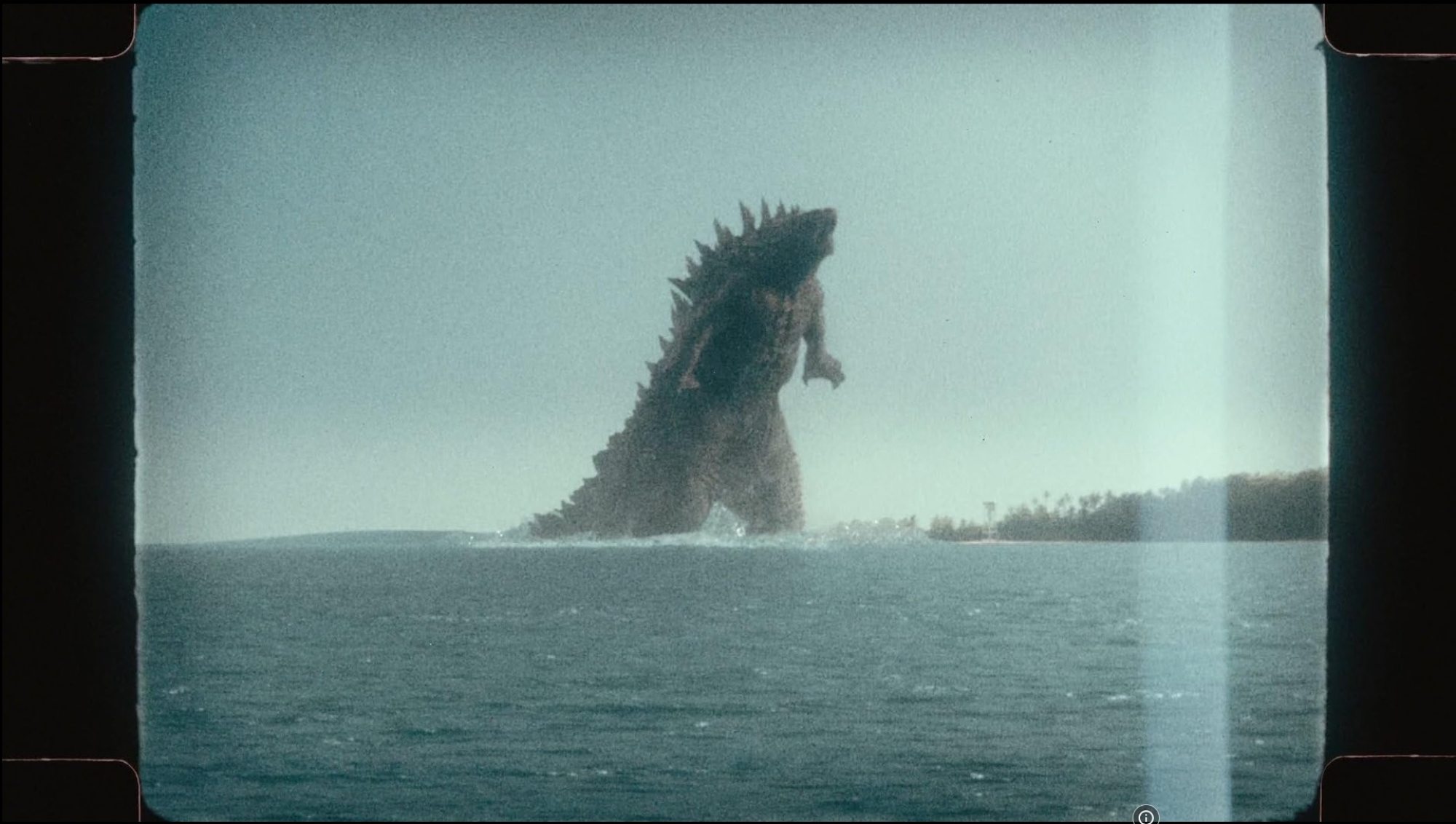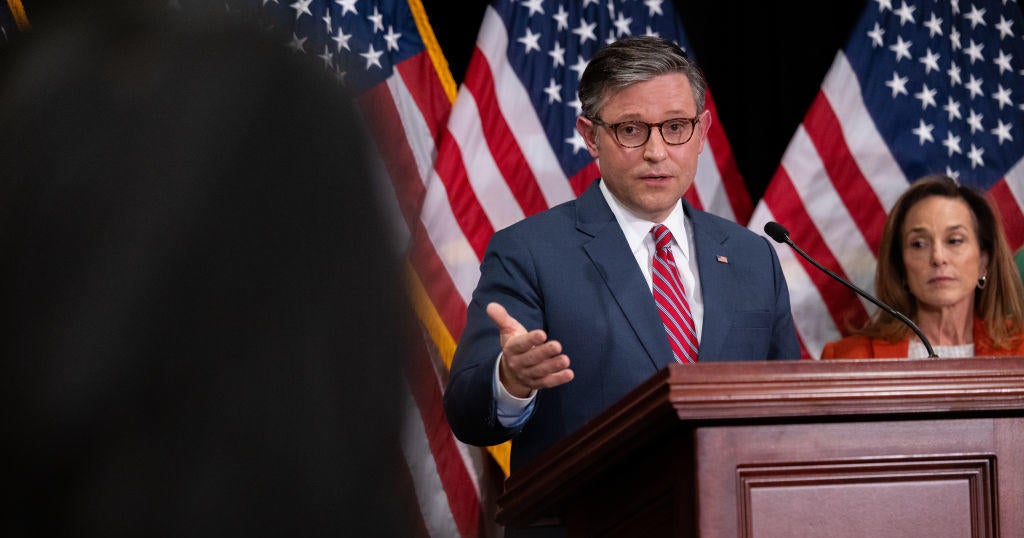Set after the events of 2014’s Godzilla, Monarch is “about this brother and sister trying to figure out who their father is, and the giant monsters keep getting in the way”, says executive producer Matt Fraction, who developed the series with showrunner Chris Black. “It’s not about buildings getting knocked over and stuff blowing up.”
Monarch: Legacy of Monsters – must-see for any curious Godzilla fan
Monarch: Legacy of Monsters – must-see for any curious Godzilla fan
But as Godzilla fans themselves, Black and Fraction are keenly aware that part of the appeal of the Monsterverse films is the spectacle of things getting knocked over and blown up. Their goal was to deliver those elements “at a level that people expect from those movies” wherever they were able to, says Black.
Still, at its core, Monarch is a messy intergenerational family drama about a Japanese and Japanese-American family (with a few messy love stories too).
Black says “it just felt obvious” to start their story in Japan.
“You can go anywhere in the world and they know what Godzilla is, but his cultural homeland and birthplace is Japan,” says Black. “It felt to Matt and I like that’s where the story’s got to start.
“Once we made that decision, in creating a group of Japanese characters and a Japanese family, it was incredibly important to us that this be authentic, that we not be trying to mimic or appropriate someone else’s culture. We didn’t want to fake Japan.”
This involved casting Japanese actors who were native or fluent in the language and could speak up when their characters’ dialogue didn’t quite work.
“We would write a scene the way we knew how to write it, in colloquial American English, and then it would be translated into Japanese,” says Black. “The actors would come to us and say, ‘The phrasing you’re using here, a Japanese person wouldn’t say it this way’.”
Adds Fraction: “Even if we spoke Japanese as a second language, that idiomatic stuff is the hardest thing to get.”

Because Cate is Japanese-American, Sawai says she didn’t rework much of the language “because it was OK that it was a little bit rigid”.
“I had to put on a bit of an American accent when I spoke Japanese,” said Sawai, who was born in New Zealand and is of Japanese descent. “And it was very intentional when she was using the language because it was her secret language with her dad. So I didn’t have a lot of Japanese dialogue.”
But Watabe says he translated his lines himself “because what they were doing wasn’t working for me”.
“There’s the English script and then I had to translate [it into] my own words, which worked out for the character,” says Watabe. “But that was really difficult, to be honest. I think it’s a learning experience. From here on forward, we should have a proper writer who can write in Japanese.”

Sawai, who has worked on multiple projects where dialogue written in English has been translated into Japanese, agreed that “you need a bilingual person” to make it work.
“It’s so difficult because when you translate the English line, it’s never going to turn out the same way,” says Sawai. “The language is just different. It’s structured differently and we speak in a different way. If you take what’s directly translated, that’s not how we speak.”
Watabe also found himself questioning whether the accuracy would matter to the audiences if they were predominantly English speakers who did not understand Japanese.
But Sawai reassured him that it was still important that he made the effort to get it right no matter the size of the Japanese-speaking audience. She also commended the Monarch creatives for being open to making these adjustments.
Everyone who had ever lived or worked in Japan pointed out to us that the apartment that Emiko and Kentara live in is way too big. No one in Tokyo has an apartment that big
For the team, authenticity was more than just getting the language right. The series was filmed in Tokyo, which came with its own learning curve, and the team was always adjusting details like what food a mother might have on hand for a late-night meal and what snack foods have a recognisable commercial jingle.
“The places we shot were the kind of places in Tokyo you don’t usually see on screen,” says Fraction. “It delighted our Japanese crew when we were over there … It’s parts of Tokyo that aren’t seen but it’s super authentic.”
Black and Fraction explain that ultimately, their approach was to be as open as possible to people telling them they got something wrong. This involved listening to their Japanese actors, the Japanese production team in Tokyo and the Japanese casting director, as well as the Japanese-American and Japanese-Canadian writers on the Monarch staff.

The executive producers are also aware of one thing they did not get quite right about Tokyo: the size of Kentaro and his mother’s apartment.
“Everyone who had ever lived or worked in Japan pointed out to us that the apartment that Emiko and Kentara live in is way too big,” Black says of the apartment set built in Vancouver. “No one in Tokyo has an apartment that big.”
“But if in the Godzilla Monsterverse show, that’s where your suspension of disbelief gets rocked, we’re doing good,” quips Fraction.







